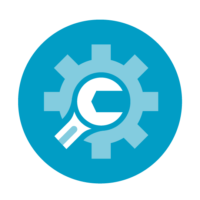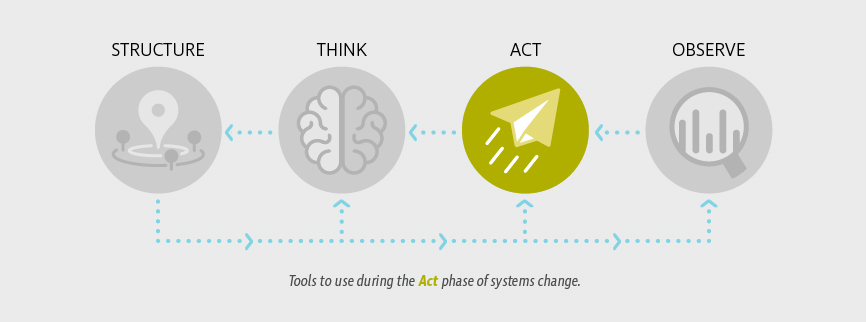Convening Focus Groups
 |
| Get the Tool |
Using This Tool: Key Questions
Who should use this tool?
Anyone interested in collecting information or feedback on a process or problem.
What does this tool help you achieve?
Understand some foundational elements of focus groups and get tips for making the most of them.
When should you use this tool?
Convening Focus Groups
Focus groups collect data through facilitated group interaction. They are an effective way to gain in-depth insights and identify perceptions and behaviors. Depending on the nature of the problem, focus groups can provide additional context and enhance your existing quantitative data.
If you are interested in setting up a focus group, the next step is to determine your objectives for the discussion. What topics should the group cover? What audience or audiences should you include? Are your participants representative and diverse?
Create a question guide in advance to help the group facilitator direct the flow of the discussion. Is the flow natural? Are there too many questions? Leave room for flexibility.
We suggest including six to eight individuals in a focus group and allocating 60 to 90 minutes for discussion. Here are additional suggestions for conducting effective focus groups:
- Keep the group small. Because meaningful discussion is a core aspect of focus groups, limiting participation ensures that everyone has a chance to speak. The setting should produce a dialogue, not an interview. Smaller groups allow for more robust conversation and ideas. This approach is especially important in a virtual environment, where there may be distractions in the background.
- Guide the discussion. Effective focus groups allow for continuous flow of conversation. Quality facilitators gently steer the discussion while gathering the information you need. They can also help reduce tensions and navigate tricky situations. Building trust is a critical component of a focus group: Participants should be comfortable and understand why you need and how you plan to use the information.
- Consider incentives. Focus group participants typically volunteer their time, so consider providing a monetary incentive to show your appreciation. Make sure the incentive is audience-appropriate: An enticement for a student is different than one for a company executive. Read more about the impact of incentives from The Decision Lab.
Explore Related Tools
Use Data in Systems Change
Review high-level takeaways for using data in systems change and find additional resources for further exploration and application.
Go to Use Data in Systems ChangeAnalyze Local Labor Market Conditions
Review how to conduct a labor market analysis.
Go to Analyze Local Labor Market ConditionsFacilitate Successfully
Review guidance on successful facilitation of meetings, particularly virtual meetings.
Go to Facilitate SuccessfullyAchieve Consensus
See an approach to collaborative decision-making that is just and equitable.
Go to Achieve ConsensusUnderstand the Story Behind the Data
Understand contributing and restricting factors for any given data trend.
Go to Understand the Story Behind the Data
